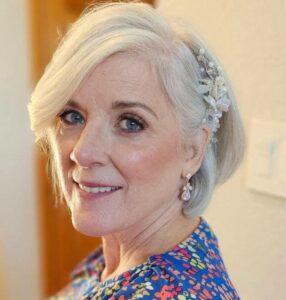Are you interested in repairing or building a relationship from someone very different from yourself?
First of all, it is important to UNDERSTAND where your co-worker or neighbor is “coming from.” We often use this cliché…
to understand where he comes from.
However, Dr. Chad Rose has taught me what this means in practical terms. He teaches us to ask about the WHY behind the behaviors we’ve been noting as obstacles to a good relationship. In Two Worldviews at Odds-Part 1, we learn how to see the other party as a mixture of several factors: INDIVIDUAL, FAMILY, PEER, COMMUNITY, and SOCIETAL.
Your time has been well spent investigating the complex factors that make someone who “they are.” With this complete, I beg to say, your attitude has changed and that is an immeasurable asset in the search for rapport.
STRATEGIES for a Positive Change
The only person you can change is yourself. So CONCENTRATE on
- Your voice control: Do you speak like a parent? Are you too direct? Do you speak in anger?
- Your facial expressions: Do you appear pleasant? Are you wrinkling your forehead? Squinting?
- Proximity control: Standing close enough to have a friendly conversation will be more effective than standing on the other side of the room or fence. Do this if you want to have meaningful conversations.
- Develop Routines that include your co-worker or neighbor
- Utilize Collaboration: Others may know what to do next to bring your relationship into equilibrium or to new heights.
- Visit outside of the work setting. Visit over the copy machine, Visit them “on their turf.”
- Act like your co-worker or neighbor is NOT annoying you, yet acknowledge his presence.
- Say what she needs to hear. She needs affirmation as much as you do. She needs the absence of negativity.
- Note the content of his messages to you and others. When you eavesdrop, what do you learn about his value system by the nature or focus of his comments.
- Listen more than speak.
- Did I mention Listen yet?
- Check in to see about the neighbor’s wellbeing.
- Ignore the negative. Do not respond.
- Reinforce the Positive. Notice those behaviors that are particularly helpful and kind.
- Mentally celebrate every good encounter.
- Appreciate all good intentions.
Like all new skills, it takes time and effort to acquire a new skill and to become fluent in new ways of interacting.
READING
Two Worldviews at Odds, Part I
Culture Topic: Handling Conflict



